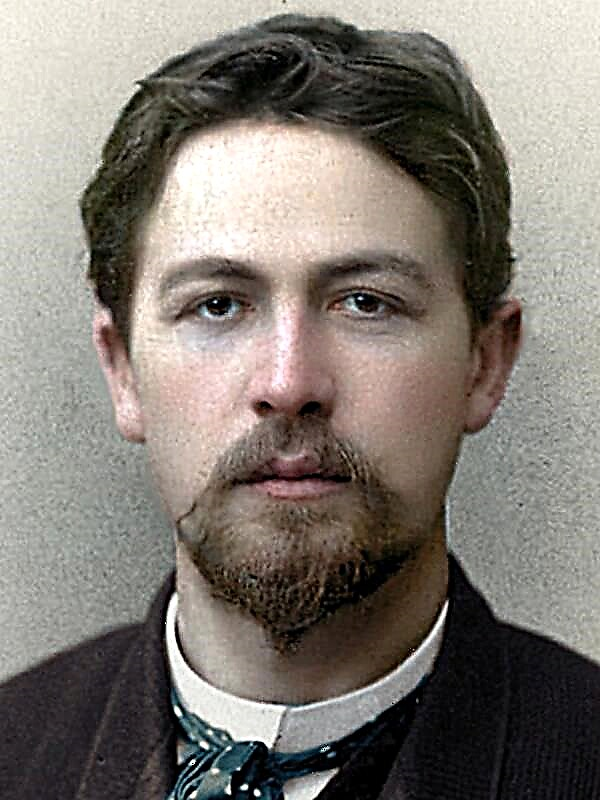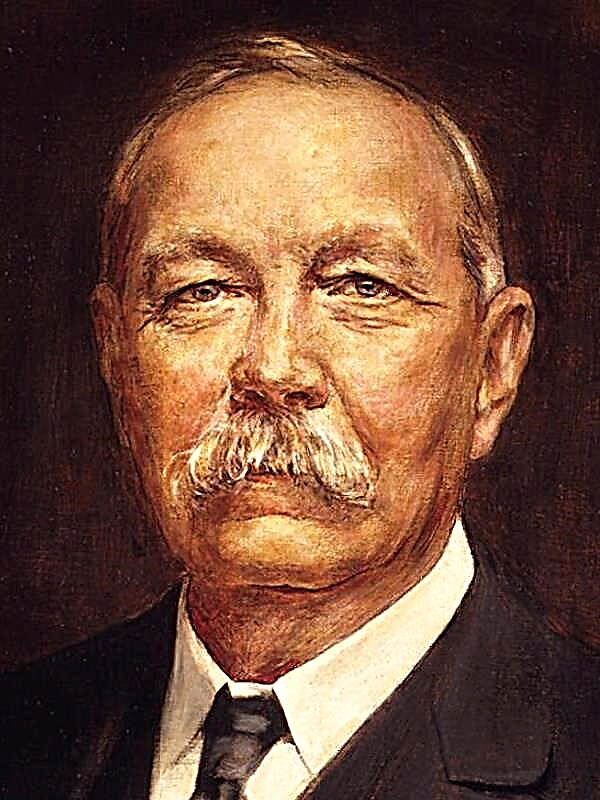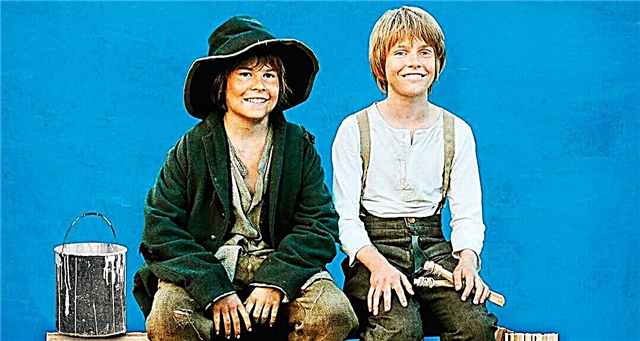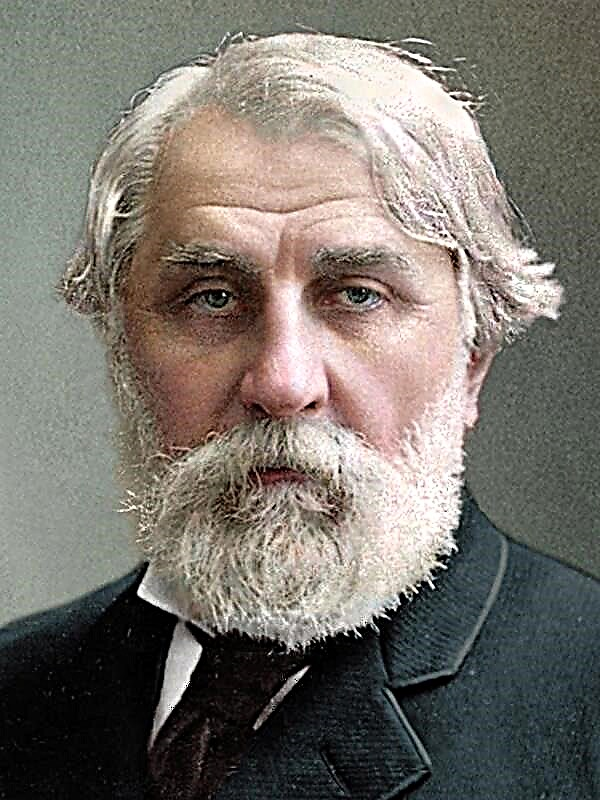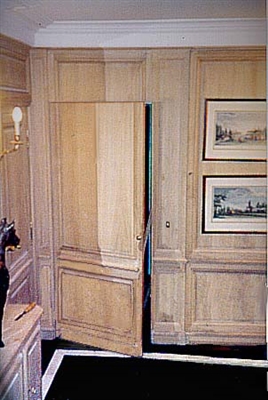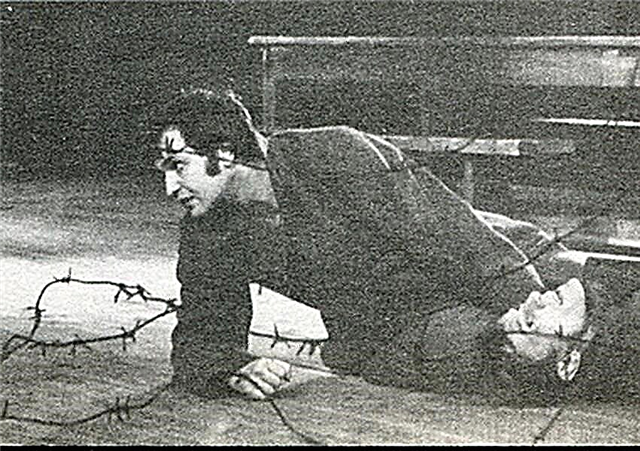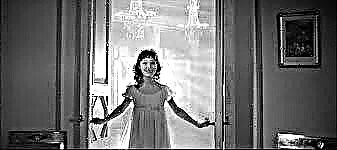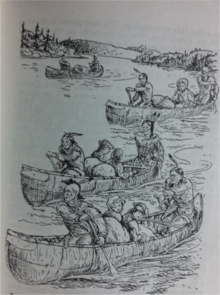The poem “12” is the most controversial work of the author. It can be called a pamphlet with harsh criticism of the new political system, a satire against the collective mind, or the anthem of the revolution. The origin of the name is even more interesting. At first glance, it turned out that way because of the number of sections. The second variant of the appearance of the name will become clear by reading the poem itself and its brief content in chapters. In addition, you will learn a lot of new and necessary information from analysis of the workwhere everything that the teacher usually sets is mentioned.
Chapter 1
Before the eyes of the reader appears the revolutionary Petrograd (here is its image) of 1917-18. Winter, incredible cold and:
Wind, wind
All over the world!
The city, as if the center of gravity of all cataclysms of the universe. Bad weather just knocks down. A miserable and unhappy people gathered on the street. The old woman is “killed,” she will not put out her mind why a large chunk of matter went to the political poster: “All power to the Constituent Assembly!” The writer blames others for the death of Russia, the pop will no longer "shine with the cross." The wind howls, ordinary people screaming at meetings. All are lost in what is happening and are capable only of anger:
Malice, sad malice
Boils in the chest ...
Chapter 2
Even at night there is no peace in the city. In the streets there is a detachment of twelve soldiers (here is their description):
In the teeth - a cigar, will take a cap,
You need an ace of diamonds on your back!
They discuss Vanka, who does not devote himself to the cause of the revolution, but walks with Katka in taverns. He was with them, but he went over to the side of the enemy and became a gendarme.
Chapter 3
The detachment drags out a song about service in the red army. If you are already serving, then “lay down your head”, the detachment sings. To spite the "bourgeois" they say:
World Blood Fire -
God bless!
Having secured God's assistance, the detachment finishes singing and then goes along the street.
Chapter 4
Vanka and Katka appear. The soldier’s overcoat does not make his “physiognomy” better. He whispers the words "fool-Katka", the girl laughs at him in response.
The heroine is a corrupt girl who allows liberties only to representatives of the highest circle: officers and gendarmes.
Chapter 5
Vanka recalls the girl about her former life:
On your neck, Katya,
The scar did not heal from the knife.
Under your chest, Katya,
That scratch is fresh!
She lived on a yellow ticket, wore “lace underwear”, enjoyed life. Clouded her position even more by killing one officer. Vanka does not skimp on rudeness in her direction and demands from Katya: "Put with you to bed!"
Chapter 6
A detachment of twelve blocks the road to Vanka and Katka. They fall upon the traitor Vanka. He manages to stay alive, and a bullet found his companion:
Dead, dead!
Shot through the head!
Chapter 7
The clash changed the mood of only one person in the squad:
... the poor killer
Not to see the face at all ...
Petka laments for Katka. The girl was his mistress and whiled away with the soldier "black, drunken nights."
The remaining eleven tell their brother in arms that it is not a thing to grieve, because the time will come worse. Now we must fight, and not cry, and the girl has earned her fate.
Chapter 8
Petka is trying to drown out the thoughts of the murdered mistress. Blood spills again. Petka kills “bourgeois”, and this only makes him bored.
The killer prays for the rest of Katya’s soul.
Chapter 9
The following are the thoughts of the author (here is their essence). The old world is dead. All that is left of it is a silent bourgeois and an old dog.
These two figures are no different from each other. Both the dog and the bourgeois are remnants of the past.
We described these symbolic images and their meaning in detail. here.
Chapter 10
Winter is reminiscent of itself with a newly raised blizzard. Petka appeals to the Lord, which causes bewilderment of his colleagues. They tell him that God is not an assassin to a murderer.
The detachment of the twelve need not pray, but "take a revolutionary step."
Chapter 11
Without God's blessing, twelve go with a red banner. Their path lasts forever.
They are full of anger and strength, their banner is revenge on all those who have for centuries profited from the people.
Chapter 12
Towards the detachment "wind with a red flag." The old dog mated after twelve. He is the personification of an obsolete world that is lagging behind a new one. A silhouette appears in front of the fighters, the soldiers scorch it, but the figure continues to move on:
In a white corolla of roses -
Ahead is Jesus Christ.

